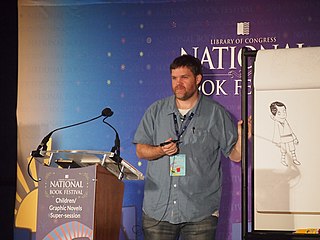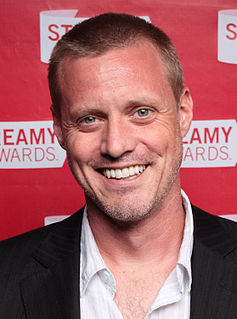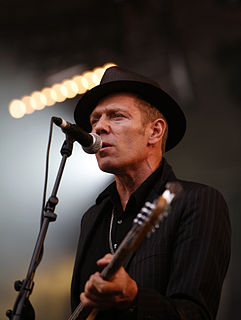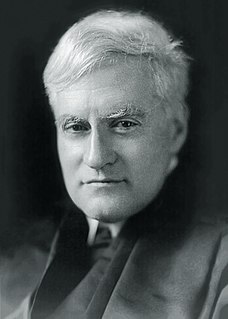A Quote by Craig Venter
I have an unusual type of thinking. I have no visual memory whatsoever. Everything is conceptual to me.
Quote Topics
Related Quotes
With my career, everything I do is me. There's no one that handles telling me what I should be about or how I should dress or anything. I'm hands on with absolutely everything. When I'm writing a song, I'm already thinking of the visual for the song and I'm already thinking of what I'm going to wear in that visual and what I'm going to wear when I perform. It all goes hand in hand. Everything I do is just me expressing different sides of myself.
I studied neuroscience at the cellular level, so I was looking at learning and memory in the visual cortex of rats. Neuroscience mainly exposed me to a way of thinking - about experimentation, about what you believe to be true and how you could prove it - and how to approach things in a methodical manner.
As I search the archives of my memory I seem to discern six types or methods [of judicial writing] which divide themselves from one another with measurable distinctness. There is the type magisterial or imperative; the type laconic or sententious; the type conversational or homely; the type refined or artificial, smelling of the lamp, verging at times upon preciosity or euphuism; the demonstrative or persuasive; and finally the type tonsorial or agglutinative, so called from the shears and the pastepot which are its implements and emblem.
Usually in theater, the visual repeats the verbal. The visual dwindles into decoration. But I think with my eyes. For me, the visual is not an afterthought, not an illustration of the text. If it says the same thing as the words, why look? The visual must be so compelling that a deaf man would sit though the performance fascinated.
I'm a visual thinker, so I think of everything visually, first. A lot of what an issue will become for me starts with me thinking, "What's a great cover?," or "What's the splash image?," or "What is the title of the issue? How do I see the text?" I think about all of that stuff, and then the story comes out of that imagery.





































